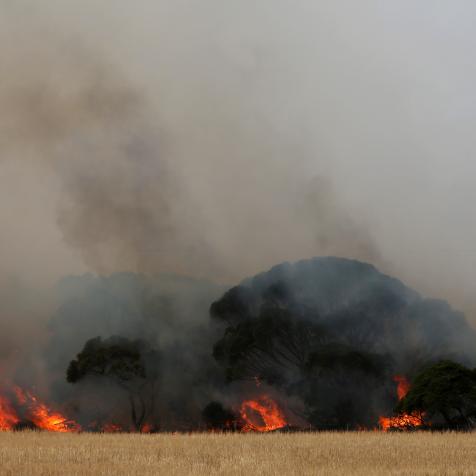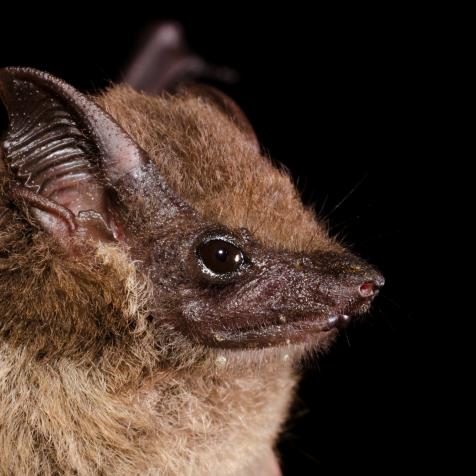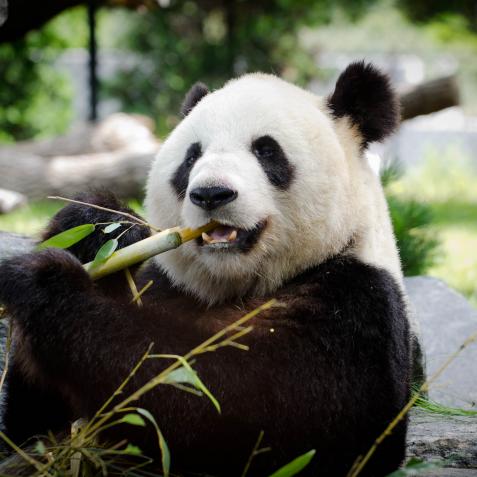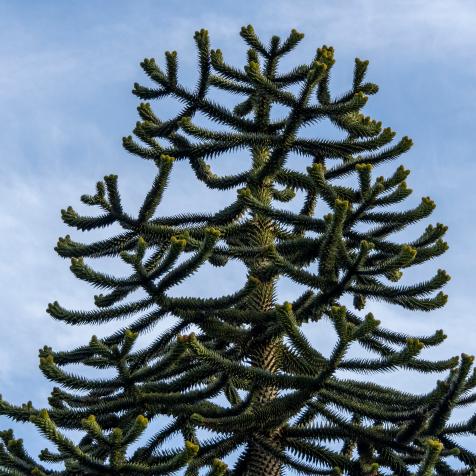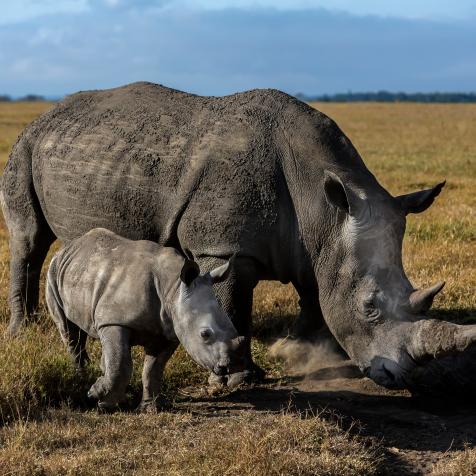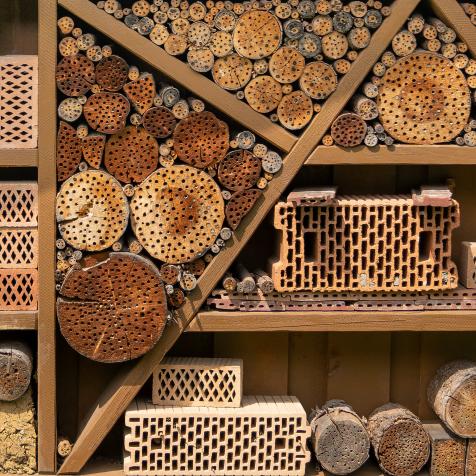
Christopher Furlong
Wild Animals Explore City Streets Amid Pandemic
In 2020 anything is possible, and the animals are taking back the streets.
You’ve heard the saying, “When the cat’s away, the mice will play.” Well, amid global lockdowns, it is not just the mice that are making their way out of the wilderness. The city streets of London, England and Santiago, Chile are used to seeing the phenomenon of puppies popping their heads out of handbags or strollers, but the images of deer, goats, and even a puma are more surprising.
The worldwide lockdown caused by the widespread outbreak of COVID-19 due to the novel Coronavirus has the world breathing fresher air and innovating beyond our wildest dreams, but to most wildlife it is business as usual—sort of.

BEN STANSALL
In East London, deer are common in parks and adjacent woodlands, but usually these hooved creatures scare easily. If they see a human coming, they jet in the opposite direction. With everyone inside, a garden in Harold Hill made some friends.

BEN STANSALL
Also in the UK, Llandudno, in Northern Wales, has seen an influx of goats from the nearby hills come down to hang out in the village among the shops and churches.

Christopher Furlong
On the other side of the world, cities like Santiago, Chile have seen a few animals that are a little more predatory. Though still scared of people, Puma from the nearby mountains have taken a trip to the city streets to see what they can find to eat.

ANDRES PINA
Similar to the UK, Nara Park in Japan is seeing deer overflowing into residential areas looking for food. Deer are a normal tourist attraction in this region—with people coming from all over to feed and take pictures with these kind creatures. Due to the lockdown, these deer are starving because of the lack of human interaction.

Tomohiro Ohsumi
This is a genuine reminder that the animals were here first and that we must provide them with the same kindness we expect from them, even if they seem like they are a tad out of place at the moment.










